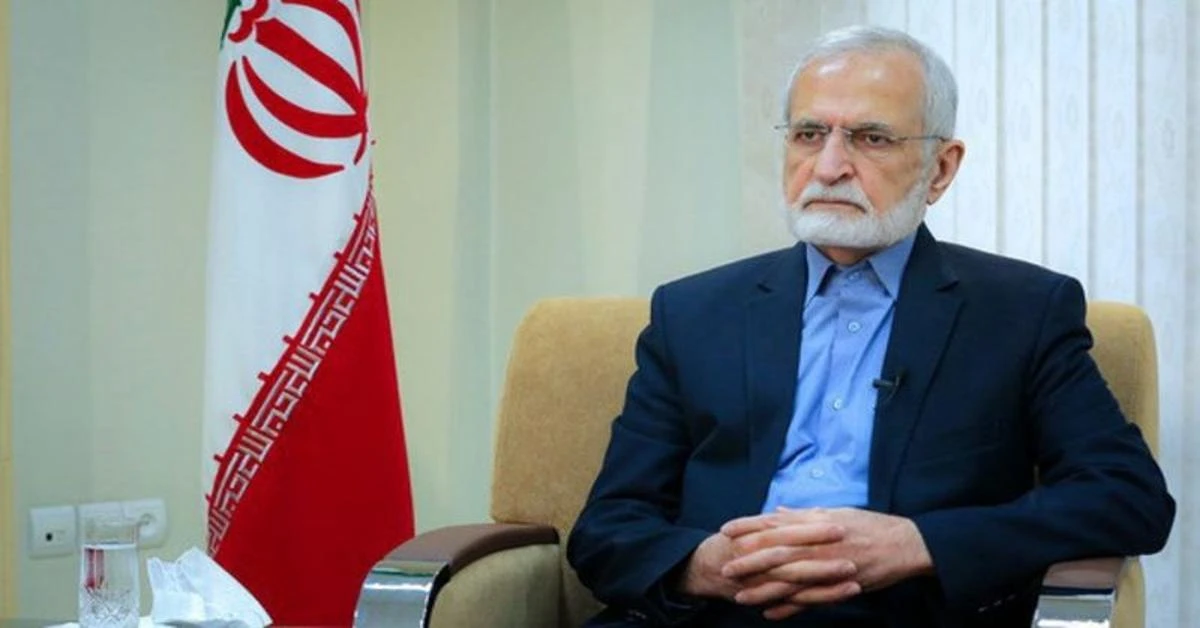Iran says it will change nuclear doctrine if Israel attacks

Kamal Kharrazi, a senior adviser to Supreme Leader Ali Khamenei, said that our defensive capabilities would change if the Zionist regime attacked our nuclear facilities
Iran may reconsider its nuclear doctrine if faced with existential threats from Israel, stated Kamal Kharrazi, an adviser to Iran’s supreme leader.
In an interview with the Iranian Student News Agency, Kharrazi stated that Iran does not currently possess the intention to develop nuclear weapons. However, he emphasized that they would be compelled to revise their military strategy if Iran’s security is jeopardized.
Kharrazi stated that as of 2022, Iran possessed the requisite technological capability to construct nuclear weapons but had not yet made a definitive decision regarding their production.
In April, a high-ranking commander of the Iranian Revolutionary Guards expressed that the existence of threats could potentially compel Iran to modify its nuclear doctrine.
Although Tehran denies any intention to acquire nuclear weapons, Western governments allege that Iran is pursuing nuclear technology to develop bombs. As a result, numerous countries have imposed sanctions on Iran in response to its nuclear activities.
Supreme Leader Ali Khamenei, who possesses ultimate authority over Iran’s nuclear program, issued a fatwa, a ruling under Islamic law, during the early 2000s, prohibiting the advancement of nuclear weaponry.
Khamenei declared that religious doctrine deems the construction and accumulation of nuclear weapons as “incorrect and prohibited.”
In 2021, the former intelligence minister of Iran expressed the view that Western pressure may push Tehran toward developing nuclear weapons.
Iran has achieved uranium enrichment purity of 60%, which falls short of the enrichment level required for weapons-grade uranium, typically around 90%.
Based on the official criteria of the International Atomic Energy Agency (IAEA), if Iran continues to enrich its existing nuclear material, it will possess sufficient quantity to develop two nuclear weapons.
In April, Iran retaliated against the attack on Tehran’s embassy compound in Damascus by launching approximately 300 missiles and drones toward Israel.
Source: Newsroom



